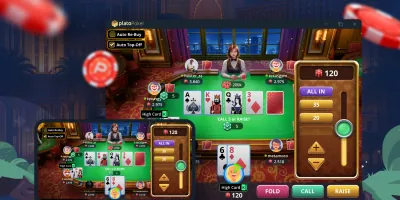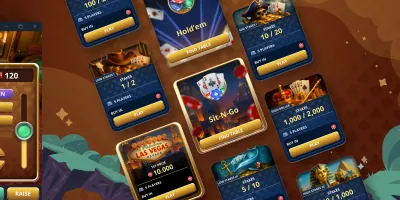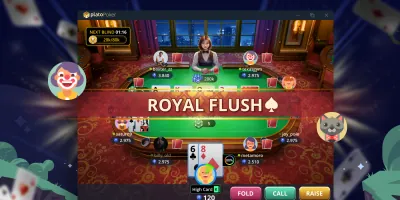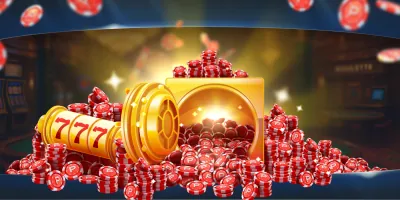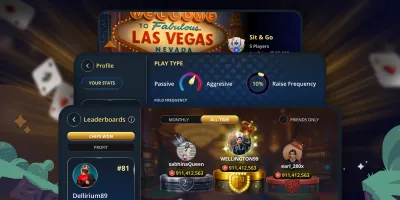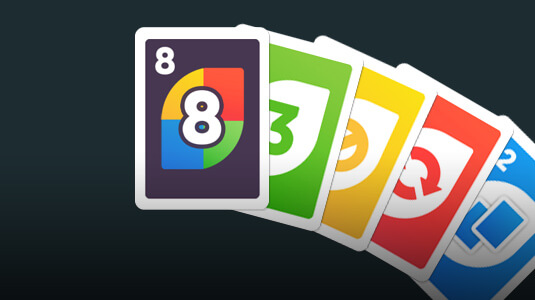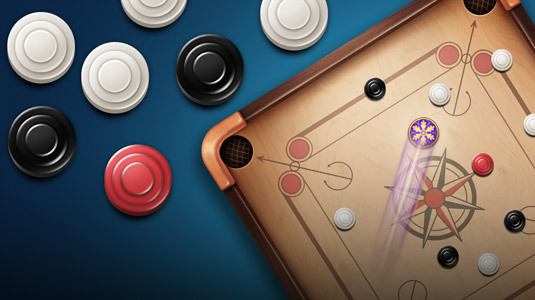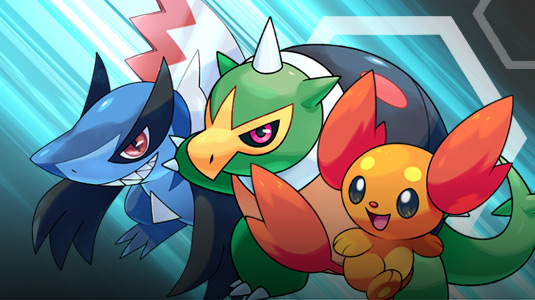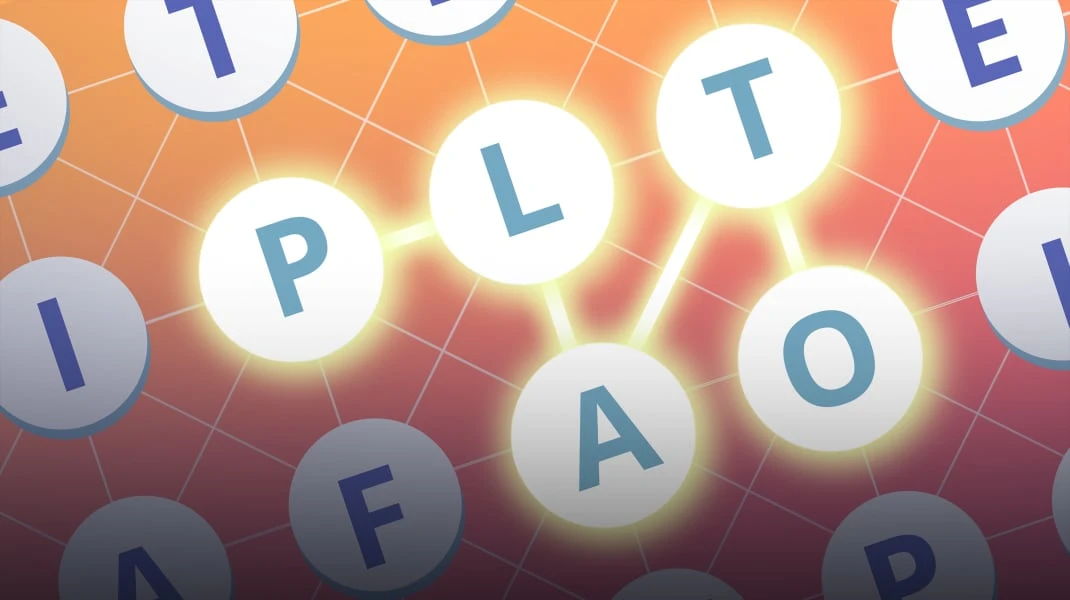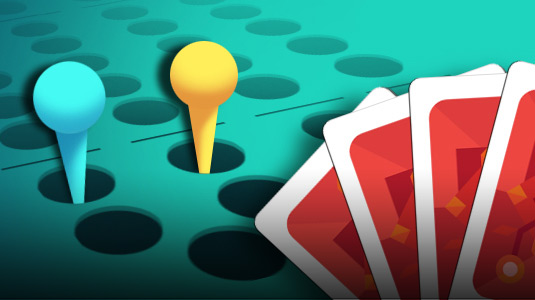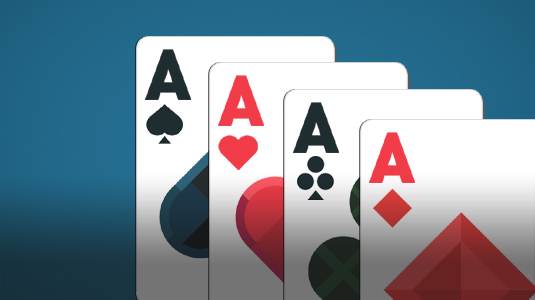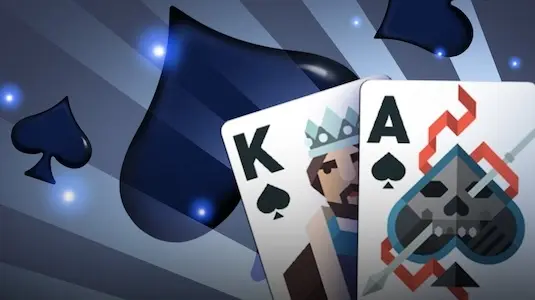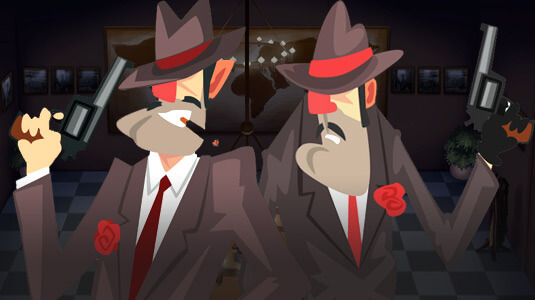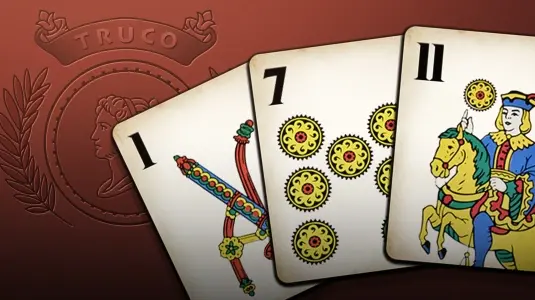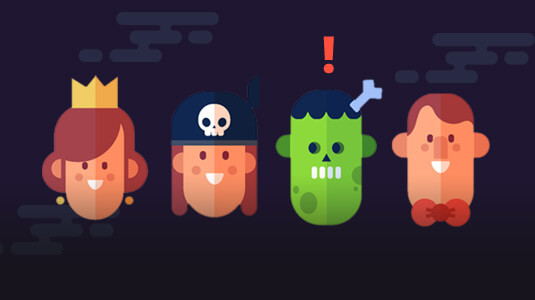Play Poker online with friends for free
Sit & Go Tournaments
Sit & Go’s are single-round, fast-paced tournaments where only 1st place wins. Play ends when one player has all the chips.
Tournament Chips
When you buy into a Sit & Go, you’re given special tournament chips (blue). These aren’t real chips—you can’t cash them out directly. At the end, the winner is paid the prize shown before the game starts.
Format
- Fixed number of seats—tournament starts as soon as they’re full.
- Blinds increase every 90 seconds to keep the action moving.
- No rebuys: If you bust, you’re out.
Order of Play
Preflop
Button acts first, Small Blind second, Big Blind last.Postflop
Button acts last.Heads-Up
Button posts the Small Blind, acts first preflop, and last postflop.
Buy-In & Fee
Each player pays a buy-in that creates the prize pool. Plato takes a small up to 10% fee, shown in the tournament lobby.
Strategy & Mindset
Second place gets nothing, so play to win!
Pro Tips: Play aggressively—take thin edges, steal blinds often, and don’t be afraid to re-raise all-in against frequent stealers. Good luck and have fun.
Can I play online?
Yes. Install the Plato app on iOS, Android, or macOS to play the full catalog with friends or matchmade opponents. You can also play Ocho online in your web browser — no install needed.
Can I play with friends?
Yep. Tap Create Private Game, then share the invite link or invite from your contacts. When they tap Accept, they're seated at your table.
Is it free?
Yes — free to play and ad-free. If you buy something, it's for looks (themes, profile flair), not power.
Is it fair?
Shuffles, deals, dice, and timers run on Plato servers, not your device. Everyone plays by the same rules and no one can peek at hidden information.
Is it safe?
You can block and report from profiles or chat. Public spaces use filters and human review. Some rooms use Chat Pass to deter spam, and privacy controls let you limit who sees you online.
Live vs. turn-based: what’s the difference?
Both are turn-taking; the difference is the clock. Live uses short timers for quick back-and-forth. Turn-based gives you longer — often up to 24 hours per move in games like Chess — so you can play at your pace.
